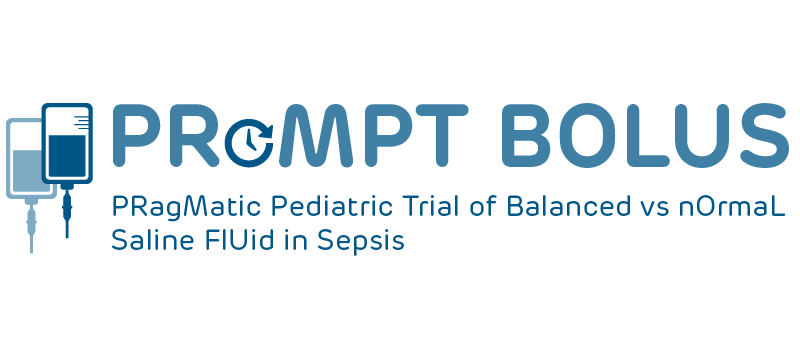What is deferred consent?
The Canadian Institute of Health Research, through the Tri-Council Policy Statement on Ethic Research involving Humans, has created a set of special rules for clinical trials in critically ill patients who require emergent treatment when true prospective informed consent is not possible or may put the patient at risk for increased harm due to delays in life-saving therapies.
Because sepsis is considered a life-threatening illness, this study has been approved by the Conjoint Health Research Ethics Board of the University of Calgary to proceed with deferred consent. Children who are eligible for the study will be enrolled while life-saving treatment is provided, and a member of the research team will speak with the family to obtain consent to continue in the study at a mutually beneficial time.

